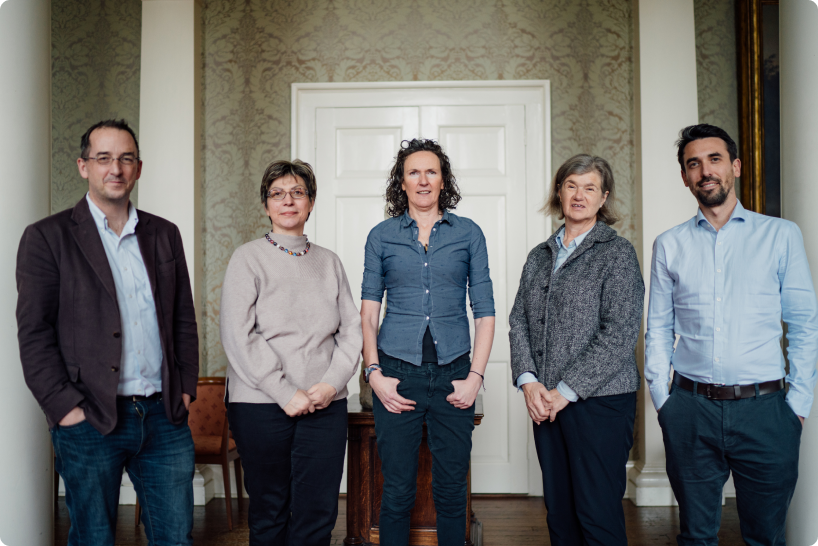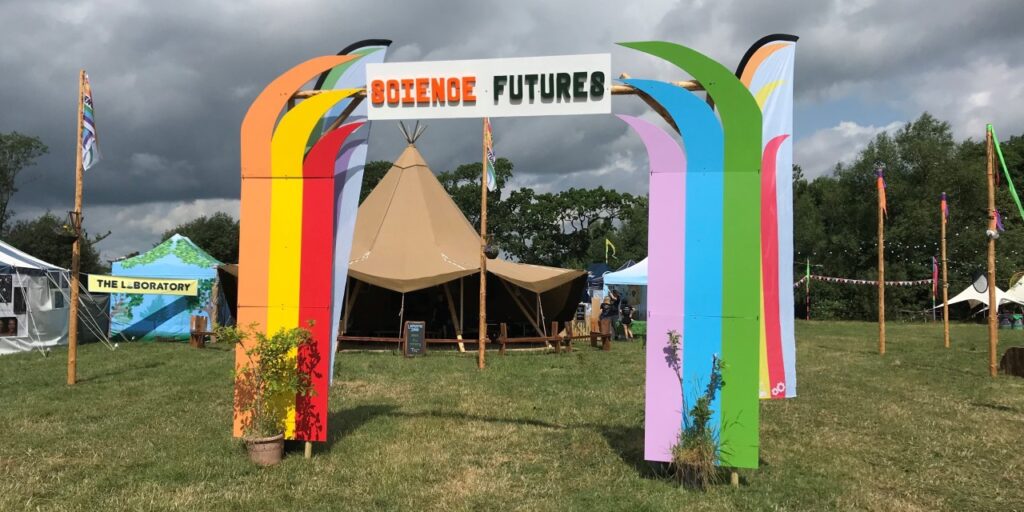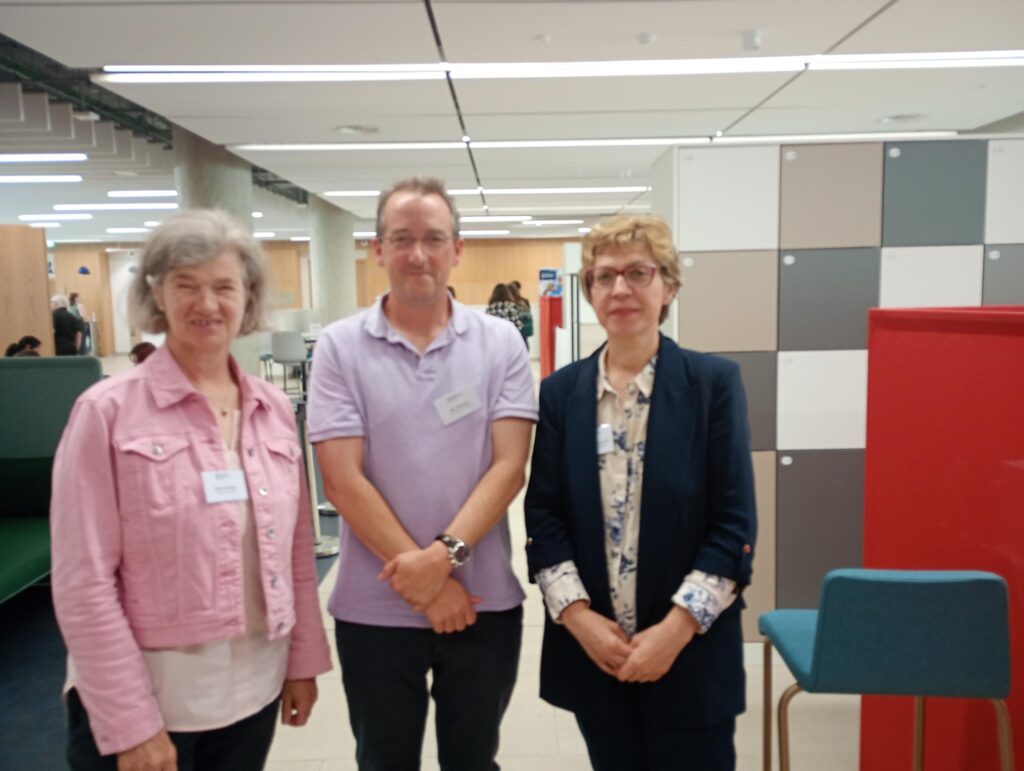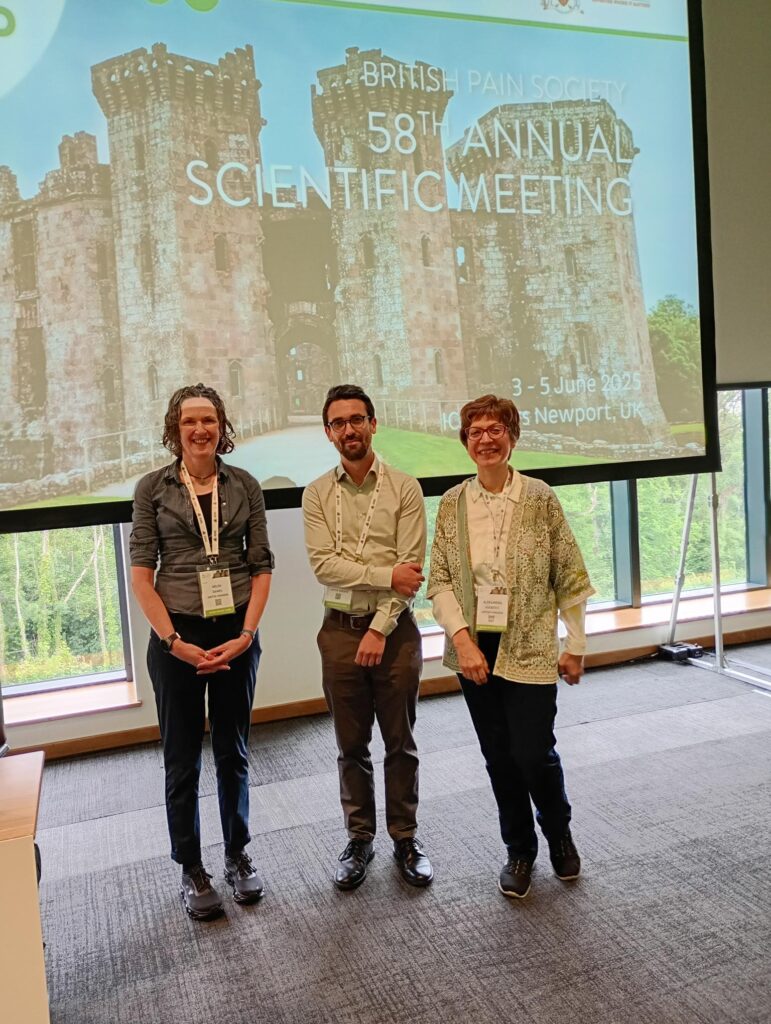About us


Strategic overview
The Chronic Pain Neurotechnology Network+ launched in October 2022 is one of 5 networks funded by the UKRI Building Responsible Neurotechnology Research Capability. The overarching aim of the network is to support capacity building, and this is achieved by a series of activities overseen by the network: including an accredited lecture course, workshops and symposia, ECR funding opportunities, PPIE activities, feasibility studies and more. We also offer a platform to enhance networking, increase visibility, and highlight opportunities in the UK pain neurotechnology community.
Our central objective is to support a UK-wide network dedicated to discovery and enhancing capability of chronic pain neurotechnology, to work together to bring about a step-change in current available therapeutics. We aim to engage across the spectrum of researchers, clinicians, patients, and other stakeholders to i) define the current landscape and identify key opportunities and challenges; ii) engage in an innovative discovery research focused on technology development chronic pain, and iii) create a sustainable infrastructure for pain neurotechnology by supporting ECRs, education and training, and seeding new UK and international collaborations.
Scientific overview
At least 20% of the UK population suffer from clinically significant chronic pain, making chronic pain almost unparalleled in its clinical and socioeconomic impact. The problem is amplified by the paucity of currently available pharmacological and non-pharmacological solutions. However recent advances in our understanding of the neurobiological mechanisms of chronic pain have created an enormous but untapped opportunity for neurotechnology, with the capacity to completely transform the clinical landscape of chronic pain.
Realising this capacity depends critically on creating a technological and clinical infrastructure that brings together interdisciplinary expertise (researchers, clinicians, patients), different chronic pain conditions (nociceptive, neuropathic, nociplastic), and different technological tools. From a neuroengineering perspective, this will allow technological integration with a focus on key strategic targets informed by neurobiological mechanisms. This has the power to drive neural changes associated with chronic pain – as well as its associated fatigue, depression and anxiety, towards recovering a normal state of health, and deliver major impact across multiple medical conditions and chronic illnesses, many of which have chronic pain as their single most problematic facet.
From a scientific and technical perspective, a key focus is help enable researchers to build integrated systems that combine core technologies, typically as closed-loop systems: for example incorporating technologies such as virtual reality, neurostimulation, EEG, neurofeedback, cognitive and behavioural digital therapy, and others. The aim is to build the capability to combine individual technologies in a way that is target-focused, therapeutically interactive, and practically and clinically feasible. This should allow design of more comprehensive pain therapy systems, with the ultimate aim to build a new generation of cost-effective, patient-friendly, personalised and domestically usable technologies
that can be developed with clinical and industry partners
Network Values
The network is built on values of inclusivity, openness, and community. We strive to include and respect researchers, clinicians, stakeholders and people with lived experience regardless of their background. We aim to support research that is open to maximise the accessibility and impact. And we believe progress is best made by working together, sharing knowledge and expertise, to map a responsible path to helping people with chronic pain.

Latest news
See all
Virtual Reality, Nature & Glastonbury 2025
CPNN+ will be at Glastonbury this year hosting a public engagement stand, as well as contributing to a panel discussion!

Neurofeedback Workshop
The CPNN+ held a knowledge-packed 2-day ‘Neurofeedback’ hybrid workshop last week at the University of Glasgow. Aimed at early career researchers, this provided a huge insight into the latest on cutting edge neurotechnology & its applications in pain management, as well as encouraging lots of thought provoking discussions and a good opportunity for networking.

British Pain Society 2025
The CPNN+ team attends the British Pain Society Annual Scientific Meeting, Newport (UK) 3rd – 5th June 2025.
